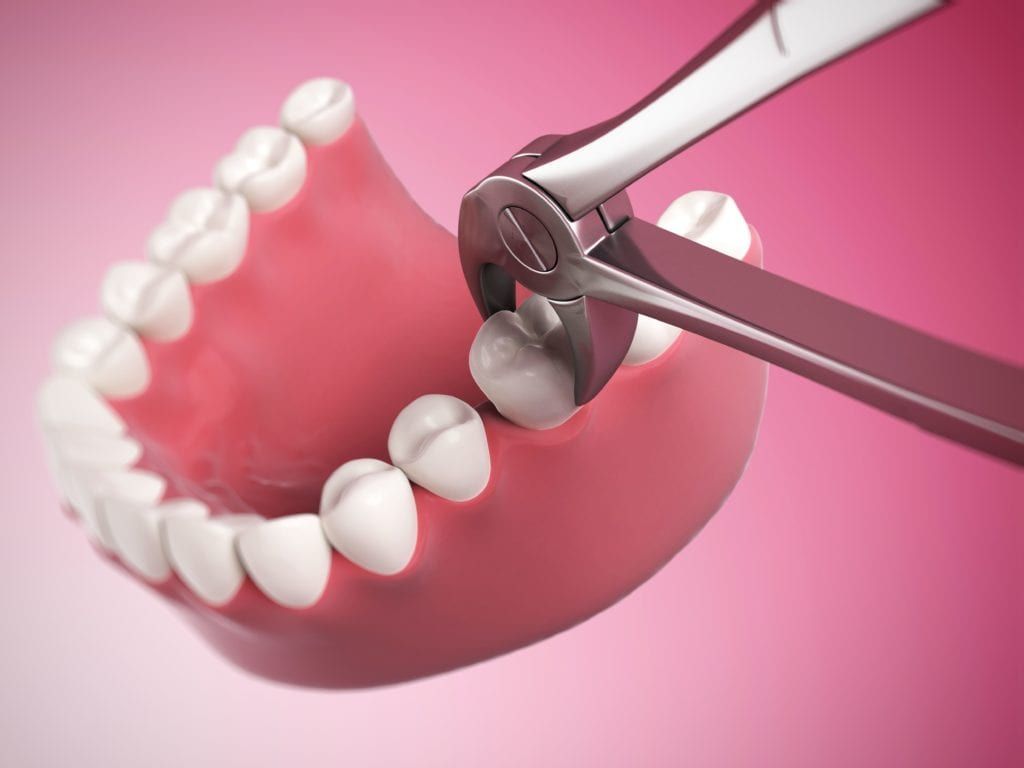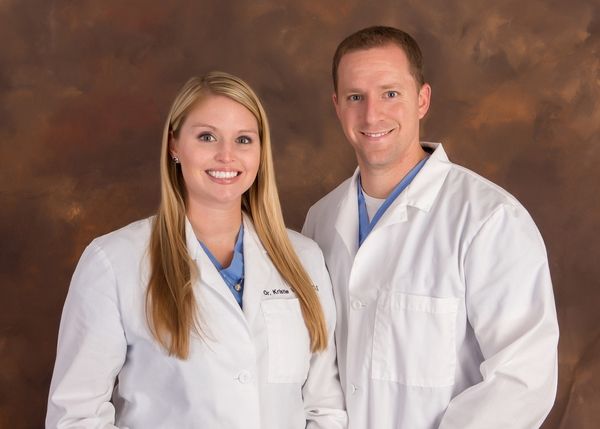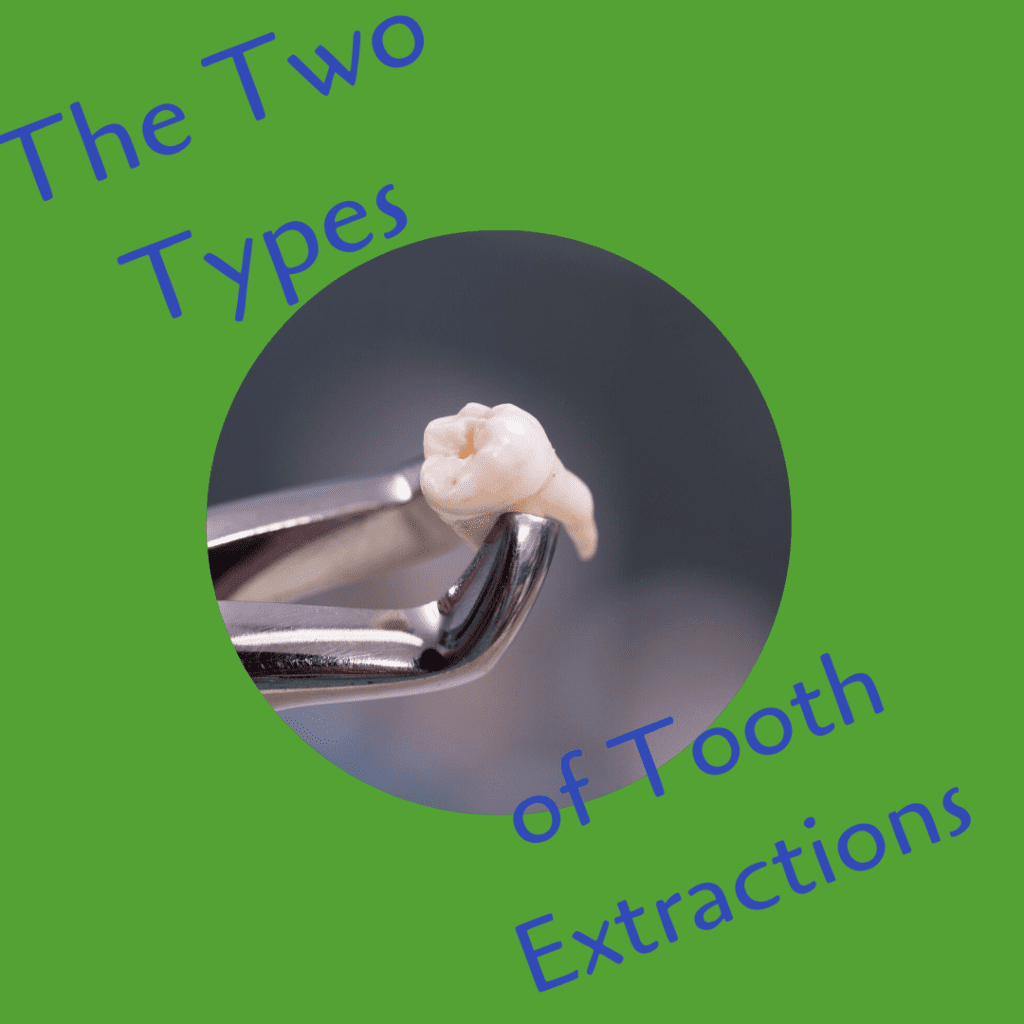No one wants to be told that they need a tooth extraction. In fact for some, a tooth extraction can be their worst nightmare. However, dentists don’t just extract teeth for no reason. If your general dentist is advising for a tooth extraction, it means that your tooth either cannot be saved or that it will be detrimental to your oral health if it remains in place.
One common reason for extractions are to remove wisdom teeth. Wisdom teeth are the third molars that erupt during the late teens and early twenties. While these molars once served a purpose in our evolutionary past, they are now considered a vestigial structure, meaning that they serve no purpose. Not only that, but wisdom teeth often cause a range of problems when they erupt. For these reasons, wisdom teeth are almost always extracted.
Another reason for extractions are to remove teeth that have become severely decayed or damaged. When decay erodes the enamel and dentin layer to reach the dental pulp, this causes an infection inside the tooth. Pulp infections can only be treated by performing a root canal. Unfortunately, if the infection has progressed too far, the only option is to extract the tooth to prevent the infection from spreading to the jawbone or surrounding teeth. This is also the case for teeth that have become severely damaged. If a damaged tooth cannot be restored with a dental crown, then it will usually need to be extracted to prevent infection.
When dentists perform extractions, you will be anesthetized and sedated to keep you calm and comfortable. There are two different types of tooth extraction techniques that may be used. The type of extraction technique often depends on the location of the tooth, as well as its condition. The two types of tooth extractions include:

Simple Extractions
Simple extractions are used to extract teeth that are entirely above the gum line. With a simple extraction, your dentist will use an elevator tool to gently rock the tooth loose from the socket and dental forceps to remove it entirely from the mouth. Most simple extractions do not require sutures, although some may. To perform a simple extraction, the tooth must be able to be removed in a single piece.
Surgical Extractions
Surgical extractions are used to extract teeth that are either partially or fully impacted in the gums, as well as teeth that may fragment during extraction. With a surgical extraction, a small incision is usually made in the gum tissue to access the impacted tooth. The tooth will then be cut into pieces before being removed one piece at a time. Cutting the tooth in pieces as opposed to simply pulling it out helps to minimize the trauma exerted on the gums and surrounding structures. Once the tooth has been removed, the gums will be sutured up.
If your dentist has told you that you need a tooth extraction, they will likely perform either a simple or surgical extraction. Simple extractions are usually performed on intact teeth that sit above the gum line, while surgical extractions are usually performed on impacted teeth that are below the gum line. Regardless of the type of extraction your dentist performs, you will be made calm and comfortable. With these extraction techniques, as well as dental anesthetics and sedation, your tooth extraction experience will be made as pleasant as possible.

Dr. Chris Vinson and Dr. Kristie Vinson attended the College of Dentistry at The University of Oklahoma. Dr. Chris Vinson has earned a fellowship from the Misch International Implant Institute and a fellowship in International Congress of Oral Implantology. He is also certified to administer Oral and IV sedation to his patients through The Montefiore College of Medicine in New York and is Teeth-Express and Invisalign certified. Dr. Kristie Vinson is trained in sedation dentistry, Botox, and dermal fillers. She received a Fellowship from the Misch International Implant Institute and the Fellowship in International Congress of Oral Implantology. She is also Teeth-Express and Invisalign Certified.




